
Certain biomarkers influence outcomes in breast cancer patients treated with palbociclib.

Certain biomarkers influence outcomes in breast cancer patients treated with palbociclib.

Top articles of the week from The American Journal of Pharmacy Benefits.

A look at last week's top stories in the world of pharmacy.

Jason Westin, MD, an oncologist running for Congress, discusses the importance of stakeholder input for healthcare reform.
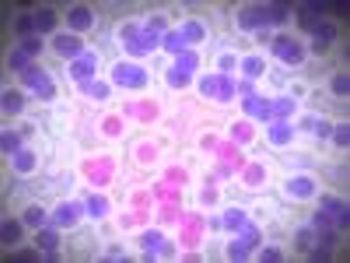
CTL019 is a chimeric antigen receptor T cell therapy.

Top news of the day from across the health care landscape.

Abemaciclib is a CDK4/6 inhibitor being explored in advanced breast cancer.
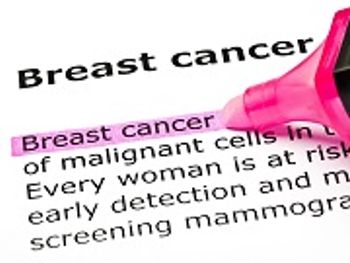
Abemaciclib is a cyclin-dependent kinase 4 and 6 inhibitor for advanced breast cancer.

Dutasteride (Avodart) increases blood sugar, A1C, and blood lipids.
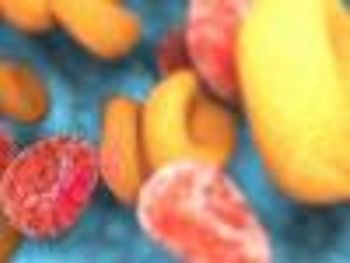
Two KEYNOTE trials were placed on full clinical hold and 1 partial clinical hold.

Top articles of the week from Specialty Pharmacy Times.
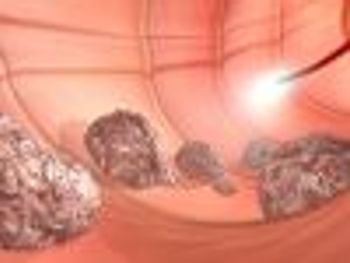
Elevated protein levels may indicate a need for both chemotherapy and surgery for colon cancer.

Top news of the day from across the health care landscape.

Grape compounds may be an effective treatment option for colon cancer patients.
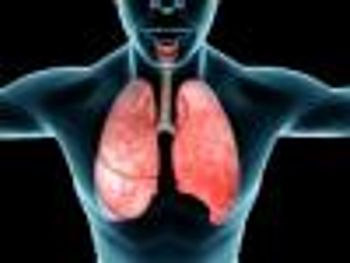
A specific immune T cell protects patients with lung cancer.
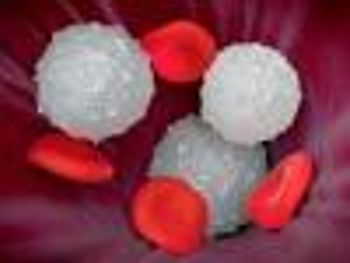
Sandoz has the highest number of biosimilars approved in Europe.

Some hair care products may cause increased cancer risk.

Top news of the day from across the health care landscape.
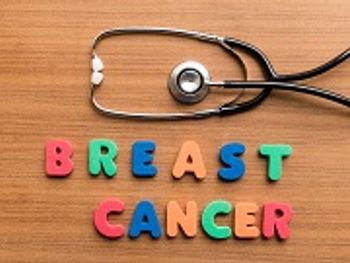
A new study looks into a potential link between hair care and breast cancer incidence.

Waiting to get treatment for breast cancer results is worse survival outcomes.

Conflicting breast cancer screening recommendations could result in late stage disease.

Radioactive particles attack skin and increase the risk of skin cancer.

High concentrations of phosphorylated Tau predict the development of cognitive problems in cancer survivors later in life.

Despite extensive research, there have been no new treatments in nearly 40 years for osteosarcoma.

Multilayer hydrogel cubes provide a potential solution for the poor solubility and low bioavailability of an anti-cancer drug.

CT-P10 is indicated to treat rheumatoid arthritis, non-Hodgkin’s lymphoma, chronic lymphocytic leukemia, granulomatosis with polyangiitis, and microscopic polyangi.
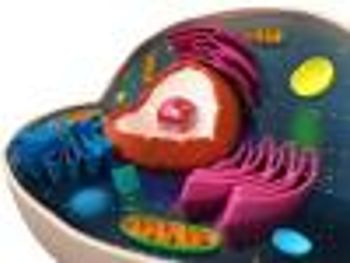
Accumulation of gene mutations occurs in some patients with rheumatoid arthritis, study finds.
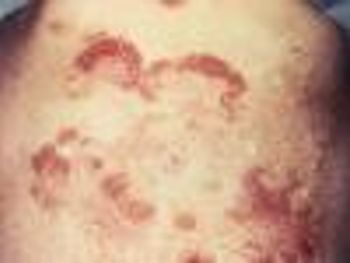
The CEO of the Cutaneous Lymphoma Foundation describes the challenges of living with the disease.

Study explores the impact of tumor mutation burden and PD-L1 status in immunotherapy response.